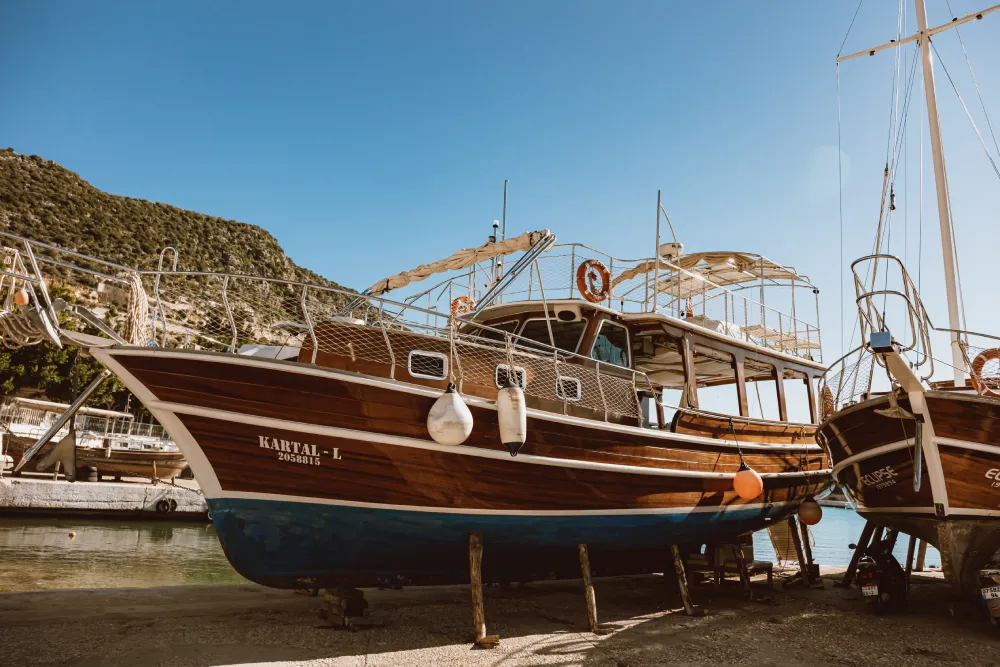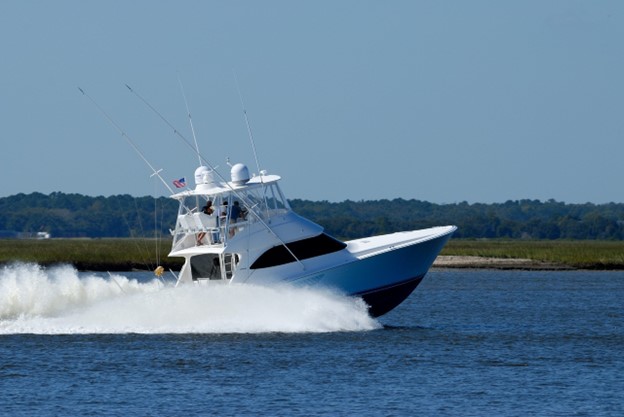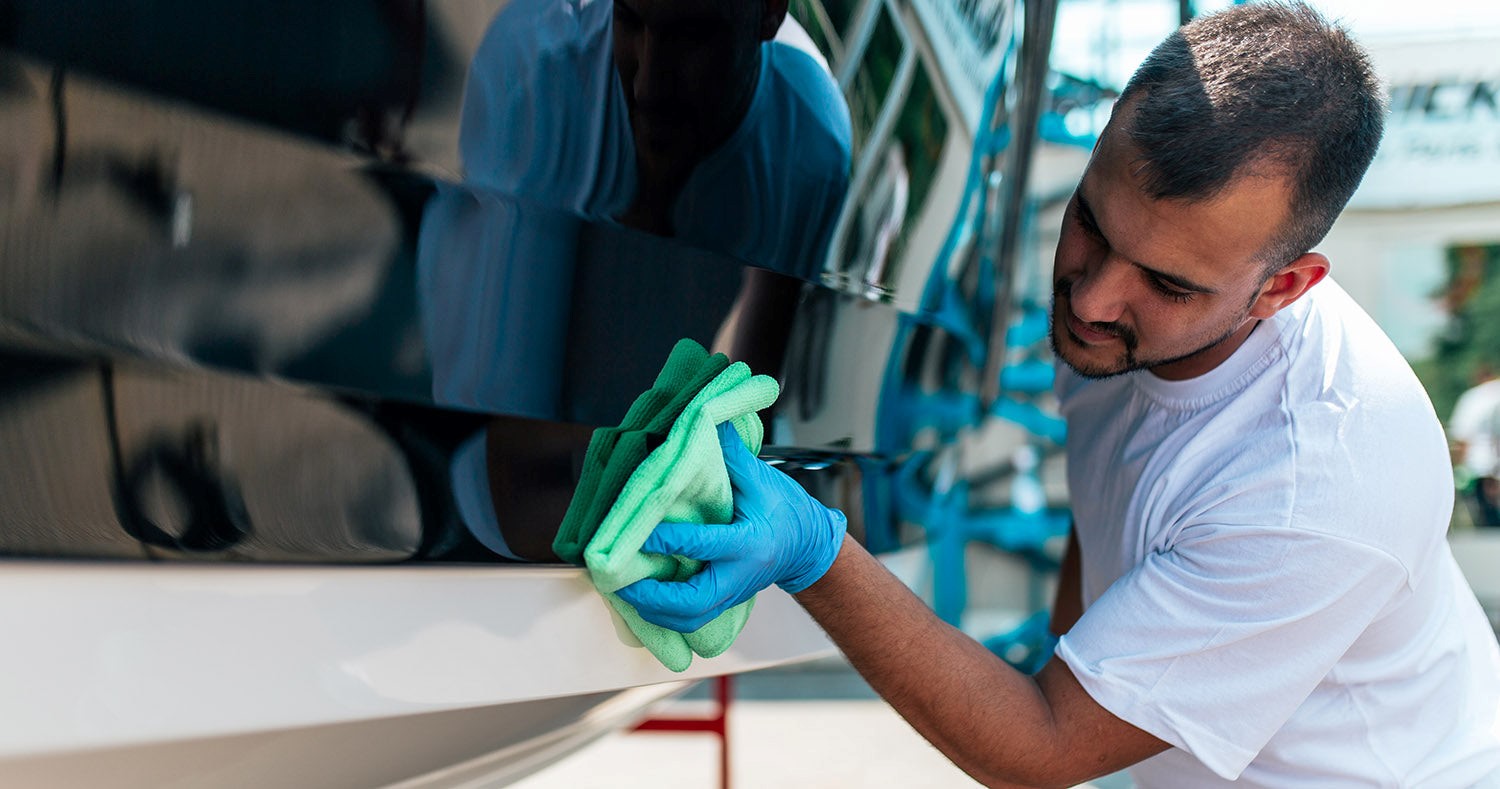
Do you ever feel like you’re suffocating on the open water? Like the walls of your boat are closing in, trapping stale air and leaving you gasping for a breath of fresh air? Well, fear not! The solution to your ventilation woes lies in a boat ventilation system. Yes, that’s right – a marvel of engineering designed to bring life-giving oxygen into the very depths of your vessel.
In this article, we’ll explore the vital purpose of a boat ventilation system, its components, and its significant role in ensuring the safety, comfort, and overall well-being of boaters on their aquatic journeys.
Importance of Fresh Air Circulation
A proper boat ventilation system not only ensures a healthier and more comfortable living environment but also helps maintain the vessel’s structural integrity. It is crucial to keep the following points in mind:
- Health Benefits: Fresh air circulation helps remove pollutants, allergens, and odors from the enclosed spaces on the boat. This can prevent respiratory issues, allergies, and discomfort among passengers and crew.
- Carbon Dioxide Removal: Breathing generates carbon dioxide; without proper boat ventilation system, its levels can rise significantly. High levels of carbon dioxide can cause drowsiness, headaches, and reduced cognitive function. Fresh air circulation helps keep carbon dioxide levels in check.
- Moisture Control: Boats are surrounded by water, and humidity levels can rise quickly in enclosed spaces. Proper boat ventilation system helps to manage moisture, preventing mold and mildew growth, which can result in damage to the boat’s interior and pose health risks.
- Comfort and Relaxation: Adequate ventilation promotes a more comfortable and enjoyable experience for everyone on board. It helps regulate temperature, reduce stuffiness, and provide a sense of freshness.
Overall, fresh air circulation is vital for maintaining a healthy, safe, and pleasant boating experience. It’s essential to have a well-designed and properly maintained ventilation system on board to reap these benefits and ensure the well-being of everyone on the vessel.
Enhancing Air Quality on Board
To truly experience the refreshing sea breeze while onboard, ensuring the air quality is optimized through an efficient and reliable ventilation system is essential. Maintaining a well-functioning boat ventilation system is of utmost importance for several reasons. First and foremost, consistent maintenance ensures that the air inside the cabin remains fresh and healthy, reducing the risk of respiratory issues for passengers and crew members alike. A properly functioning ventilation system removes stale air, odors, and excess moisture from the boat.
In addition to maintaining good air quality, natural ventilation offers numerous benefits. Natural ventilation refers to harnessing the power of wind and natural airflow to exchange stale indoor air with fresh outdoor air. This method not only helps to cool down the interior spaces but also reduces reliance on mechanical systems, saving energy. By strategically positioning vents or hatches throughout the boat, cross-ventilation can be achieved, allowing for a continuous flow of fresh air.
Regular maintenance of a boat’s ventilation system ensures its optimal performance. It involves cleaning filters or screens regularly to prevent clogging and blockages that could hinder airflow. Additionally, checking ducts or pipes for any leaks or damage is crucial to avoid loss of conditioned air. Proper lubrication of fans or motors also contributes to smooth operation and longevity.
Preventing Structural Damage
Ensure you regularly inspect and maintain the structure of your vessel to prevent any potential damage. The purpose of a boat ventilation system goes beyond enhancing air quality on board; it also plays a vital role in preventing structural damage. A well-designed and properly functioning ventilation system provides several benefits for your boat’s longevity and durability.
- Condensation Prevention: The ventilation system minimizes condensation build-up inside the boat by improving airflow and reducing temperature differentials between interior and exterior surfaces. This prevents stains, mildew formation, and material deterioration, which can also contribute to structural damage over time.
- Longevity and Durability: By preventing moisture-related damage and condensation issues, the ventilation system contributes to the overall longevity and durability of the boat’s structure. It helps to keep the boat’s materials and components in better condition, extending its lifespan.
- Protection of Storage Compartments and Bilges: Areas like storage compartments and bilges are prone to water accumulation. The ventilation system ensures that these areas remain well-ventilated, reducing the risk of damage to stored items and the boat’s internal structure.
- Safety: A structurally sound boat is safer to operate. By preventing potential structural damage, the ventilation system contributes to the overall safety of the vessel, providing peace of mind to boaters during their trips.
Incorporating a reliable boat ventilation system and conducting regular maintenance are essential steps to reap these benefits and ensure that your boat remains in optimal condition for years of worry-free boating experiences.
Reducing the Risk of Carbon Monoxide Build-up

By installing a boat ventilation system, you can significantly decrease the chances of carbon monoxide build-up, keeping you and your passengers safe on the water. Carbon monoxide poisoning is a severe threat that can occur when there is insufficient ventilation in an enclosed space, such as the cabin of a boat. Carbon monoxide (CO) is a colorless and unnoticeable gas released as a byproduct of combustion engines commonly found in vessels. It can quickly accumulate in confined areas, leading to symptoms like headache, dizziness, nausea, and even loss of consciousness. In extreme situations, carbon monoxide poisoning can be fatal.
Ventilation safety is crucial for preventing carbon monoxide build-up on board. A boat ventilation system helps circulate fresh air throughout the vessel and remove harmful gases or fumes. It achieves this by strategically placing fans or blowers in key areas of the boat to create an airflow that replaces stale air with fresh air from outside. This constant exchange of air helps to prevent the accumulation of carbon monoxide and other possible dangerous gases inside the cabin.
Preventing the Spread of Fire
Minimize the risk of rapid fire spread by properly maintaining and regularly inspecting all fuel-burning appliances on your vessel. This is crucial for preventing fire spread and reducing fire hazards on a boat. Fuel-burning appliances such as stoves, heaters, and engines can pose a substantial fire risk if not adequately maintained or if malfunctions exist. Inspecting these appliances ensures that potential issues are identified and addressed promptly.
To further enhance fire safety on your boat, it is essential to have a well-designed ventilation system in place. A boat ventilation system helps prevent fire spread by removing heat, smoke, and dangerous gases from the enclosed space. It gives a constant flow of fresh air while exhausting stale air to create proper air circulation throughout the vessel.
By effectively removing heat and smoke from the area, a ventilation system minimizes the chances of rapid fire spread on board your vessel. Additionally, it plays a crucial role in eliminating dangerous gases like carbon monoxide that fuel-burning appliances can produce. Investing in regular maintenance and inspection of these systems will help ensure their effectiveness in reducing fire hazards and enhancing overall safety onboard your boat.
Choosing the Right Boat Ventilation System
Choosing the right boat ventilation system is vital for ensuring passenger comfort and maintaining a healthy environment. Here are some factors to consider when selecting the most suitable ventilation system for your boat:
- Boat Size and Layout: The size and layout of your boat will influence the type and size of the ventilation system you need. Larger boats may require multiple vents or fans to ensure air circulation throughout the compartments and cabins.
- Climate and Usage: The climate and how you use the boat will impact your ventilation requirements. If you often sail in humid or rainy conditions, a more powerful ventilation system may be necessary to combat excessive moisture and condensation. In contrast, boats used primarily in dry and warm climates might need less intensive ventilation.
- Noise and Power Consumption: Some powered ventilation systems can be noisy and may drain power from your boat’s battery. Consider choosing a model that balances performance and noise levels, especially if you plan to use the ventilation system during sleeping hours.
- Maintenance: Opt for a ventilation system that is easy to clean and maintain. Regular maintenance is crucial to guarantee the system works efficiently and to prevent the accumulation of dust, dirt, or debris that could hinder airflow.
- Automation and Controls: Some ventilation systems come with built-in sensors or controls that automatically adjust airflow based on temperature, humidity, or other factors. These automated systems can more conveniently and efficiently regulate the boat’s environment.
Ultimately, selecting the right boat ventilation system involves considering factors such as boat size, climate, noise levels, maintenance requirements, automation, safety, and durability. Considering these aspects, you can enhance passenger comfort, prevent moisture-related problems, and maintain a healthier onboard environment for everyone.
The Bottom Line
The purpose of a boat ventilation system is to ensure fresh air circulation and prevent structural damage from excess moisture. Despite concerns about noise and energy consumption, modern systems are designed to minimize drawbacks, offering a peaceful boating experience with improved air quality. The protection from mold and mildew ensures the vessel’s longevity, making ventilation systems an essential and beneficial addition to any boat.
At the Boat Concierge, we prioritize your boating experience and safety. Don’t hesitate to contact us today to explore our advanced boat ventilation systems and ensure your vessel’s longevity through our expert maintenance and inspection services.



